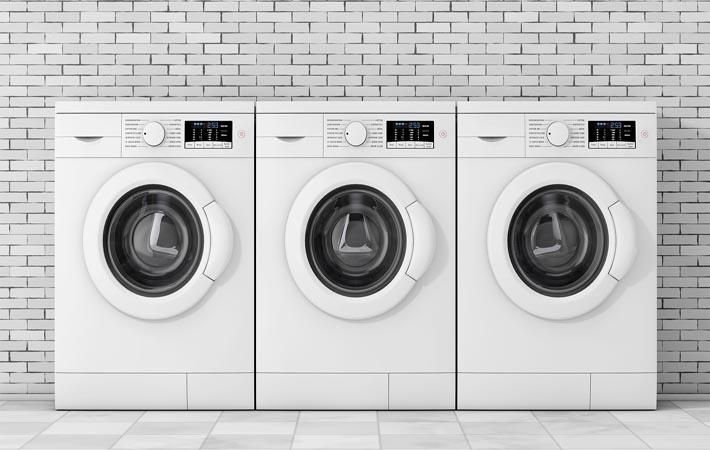
In the survey's free format answers, there were a surprising number of people who wrote that they wash clothes directly if they have been worn out in public.
Simple calculations on the effect is that washing a load every other day gives about the same CO2 emissions as 1/10 of an average car over the same period. Even before Covid the average washing machine in the US did seven loads a week.
Washing expends energy and consumes water. They also add many chemicals to the wastewater. Water shortages were a real problem in many areas even before Covid. There is heavy pressure from not-so-good chemicals and microplastics. Multiplication of these effects is even worse.
These effects are not reversible. There are two hurdles that must be overcome. The first is a lack of awareness among the consumers. On average only at most one in three has heard the good arguments that exist for wearing more and washing less. Given the sizeable impact washing, wearing and discarding of textile has on the environment, this must be improved.
The second hurdle to overcome is of course to get the solution to the consumers. Many seemed unaware that Polygiene’s ViralOff solution exists, as its been only six months since the product has been launched in the market.
Many people welcome the prospect of not having to wash due to concerns over viruses. In fact, approximately 70 per cent say they probably or definitely would.
Polygiene then asked the people who would definitively or probably wash less how many washes they would skip given their clothes were treated to not smell and be free from bacteria.
Around 30 per cent picked the alternative “I would only wash when clothes were visibly dirty.” 18 per cent claimed they would skip as much as 4 washes out of 5. Another 29 per cent picked “I would skip every other wash”.
Polygiene’s life cycle analysis show that a ViralOff treated garment should be washed about 1/3 less than an untreated garment – skipping 3 washes out of 10. Consumers are quite positive to starting with the goal of “wash only half as much”. And these calculations don’t even factor in the soft factors of comfort, time, convenience and more likelihood to be used second hand.
Polygiene then asked people how much they are willing to pay extra for the ViralOff and biostatic treatments.
On a face mask, the average respondent said they would pay 40 per cent more for a facemask treated with ViralOff compared to an untreated mask. Interestingly this was fairly constant, regardless of whether the subject used disposable masks.
On average, clothes had a 38 per cent increase in what they would be willing to pay for the function. The people who said they would definitively wash less valued it higher, at +45 per cent. But even the ones who said they would definitively not wash less rated it as worth +38 per cent higher. This indicated they value the function but would still wash them. This is good news for Polygiene in terms of demand but presents a challenge for sustainability.
Covid19 has changed washing behaviours significantly. Consumers are quite willing to change behaviours when aware of the problems and the solutions available with ViralOff and Polygiene stays fresh treatments.
ALCHEMPro News Desk (PC)
Receive daily prices and market insights straight to your inbox. Subscribe to AlchemPro Weekly!